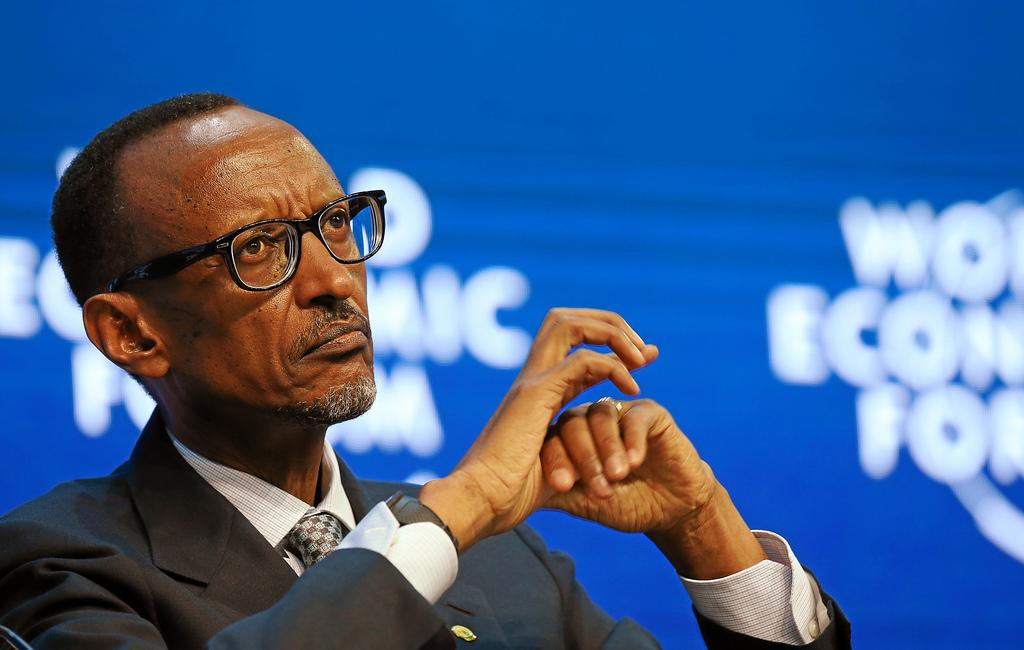Expanded Gates Foundation commitment positions East African nation at forefront of continental AI innovation
Kigali, Rwanda — Rwanda has secured a transformative $17.5 million investment from the Bill & Melinda Gates Foundation to establish Africa’s first dedicated artificial intelligence scaling hub, marking a significant milestone in the continent’s technological evolution.
The Rwanda Artificial Intelligence Scaling Hub, officially launched during the Global AI Summit on Africa held in Kigali in April 2025, represents more than double the Foundation’s initial $7.5 million commitment. The expanded funding signals growing confidence in Rwanda’s capacity to lead Africa’s AI development and deployment across critical sectors.
Strategic Partnership for Continental Impact
The partnership, formalized through a Memorandum of Understanding signed by Rwanda’s Minister of ICT and Innovation, Hon. Paula Ingabire, and Dr. Trevor Mundel, President of Global Health at the Gates Foundation, establishes a three-year framework for scaling AI innovation throughout the continent.
“We’re excited about this partnership with the Gates Foundation around the AI Scaling Hub, designed to be a platform where we can scale AI solutions—starting with three sectors: healthcare, agriculture, and education,” Minister Ingabire stated at the launch event.
The hub will be hosted by the Rwanda Centre for the Fourth Industrial Revolution (C4IR Rwanda), established in 2020 as part of a global network of 24 such centers driving technological innovation for sustainable development.
Practical Solutions for Pressing Challenges
Unlike theoretical research initiatives, the Rwanda AI Scaling Hub focuses on deploying proven technologies to address tangible development challenges across Africa. The initiative targets three primary sectors where AI intervention could yield immediate impact:
Healthcare Innovation
Rwanda Medical Supply plans to implement an AI-driven supply chain system designed to forecast drug requirements and optimize procurement intelligence—directly addressing the medication shortages that persistently affect health facilities across the continent. Rural clinics will also receive AI-assisted ultrasound technology capable of detecting pregnancy complications within minutes, a potentially lifesaving tool in areas where specialist access remains severely limited.
Agricultural Advancement
With the majority of Africa’s population dependent on agriculture for their livelihoods, the hub will deploy AI advisory services delivered to smallholder farmers through accessible channels including WhatsApp, SMS, and voice messaging. These tools aim to optimize crop yields and help farmers navigate climate challenges through data-driven insights.
Educational Transformation
AI-based grading systems are planned for primary schools, with personalized learning support designed to bridge educational gaps in overcrowded classrooms where teacher-to-student ratios often exceed effective levels. The technology could democratize access to quality education across disparate regions.
Beyond Technology Deployment
The hub’s mandate extends beyond simply introducing AI technologies. It will function as a comprehensive innovation platform, providing startups with capital, mentorship, and access to high-performance computing infrastructure. Additionally, the hub will offer policy guidance on ethical and inclusive AI deployment, ensuring that technological advancement aligns with human-centered development principles.
Yves Iradukunda, Minister of State at the Ministry of ICT and Innovation, emphasized the project’s growth trajectory during a recent briefing with senators in Kigali. “This is a project that will continue to grow, and its budget will increase over time. We appreciate the partnership with the Gates Foundation,” he noted.
Continental Network on the Horizon
The Rwanda hub represents the first operational node in a broader continental strategy. According to the Gates Foundation, discussions are already underway to establish similar AI hubs in Senegal, Kenya, and Nigeria, creating a network that would span Africa’s major regions.
“The Gates Foundation is proud to support the launch of the first AI Scaling Hub, in partnership with the Rwanda Centre for the Fourth Industrial Revolution and the Government of Rwanda,” Dr. Mundel commented. “We look forward to continuing this effort with partners across the continent, working together to break down barriers to scale and help move promising AI innovation to impact.”
Why Rwanda?
Rwanda’s selection as the continent’s first AI scaling hub reflects the country’s established track record in technology adoption and digital transformation. The nation has consistently demonstrated willingness to experiment with digital systems, exemplified by initiatives like Zipline, the drone-based medical supply system launched in 2016 that has become a global model for healthcare logistics innovation.
The country’s National AI Policy, combined with large-scale digital initiatives across public services and education, has positioned Rwanda as a regional technology leader. Minister Ingabire has emphasized that Rwanda’s strategic advantage lies not in market size but in its ability to develop and validate use cases rapidly—success stories that can then be adapted and scaled across the continent.
Addressing Critical Concerns
The initiative explicitly emphasizes responsible deployment, acknowledging potential risks around data privacy, algorithmic bias, and equitable technology access. The hub’s focus on underserved communities signals an awareness that AI implementation must actively work to bridge, rather than deepen, existing inequalities.
“A lot of them are focused on the underserved areas, because we know the places where you have fundamental, systematic problems and challenges of infrastructure and skills, that’s where you see the value of AI coming in to bridge that gap,” Minister Ingabire explained regarding the hub’s initial projects.
The Continental Context
The Rwanda AI Scaling Hub emerges at a pivotal moment for Africa’s technological trajectory. The Global AI Summit on Africa, which attracted over 1,000 participants from more than 95 countries and representatives from over 100 AI enterprises, also witnessed the launch of the Africa Declaration on Artificial Intelligence, backed by a commitment toward a $60 billion fund for AI infrastructure development across the continent.
As global attention increasingly focuses on whether Africa will harness AI for development gains or watch it deepen existing inequalities, Rwanda is positioning itself as a proving ground for responsible, impact-driven AI deployment.
Looking Ahead
The success of Rwanda’s AI Scaling Hub will likely influence technology investment flows and policy approaches across Africa. Whether the hub’s model proves replicable across diverse African contexts—given varying infrastructure, regulatory frameworks, and digital literacy levels—remains to be seen.
However, Rwanda’s bet is clear: demonstrating measurable public value in clinics, classrooms, and farms will establish templates that other countries can adapt. As the hub moves from planning documents into rural health centers and farming communities over the coming year, it will provide crucial insights into what works when translating AI promises into actual improvements in people’s lives.
“By anchoring the continent’s first AI Scaling Hub, Rwanda is positioning itself not only as a national innovator but also as a pan-African hub for responsible AI development,” Minister Iradukunda concluded. “This is not just about AI adoption, but about shaping a future where technology serves Africa’s most pressing needs—from classrooms and clinics to farms and communities.”
The Rwanda AI Scaling Hub is expected to begin full operations in 2026, with initial pilot projects launching in selected communities throughout 2025.




